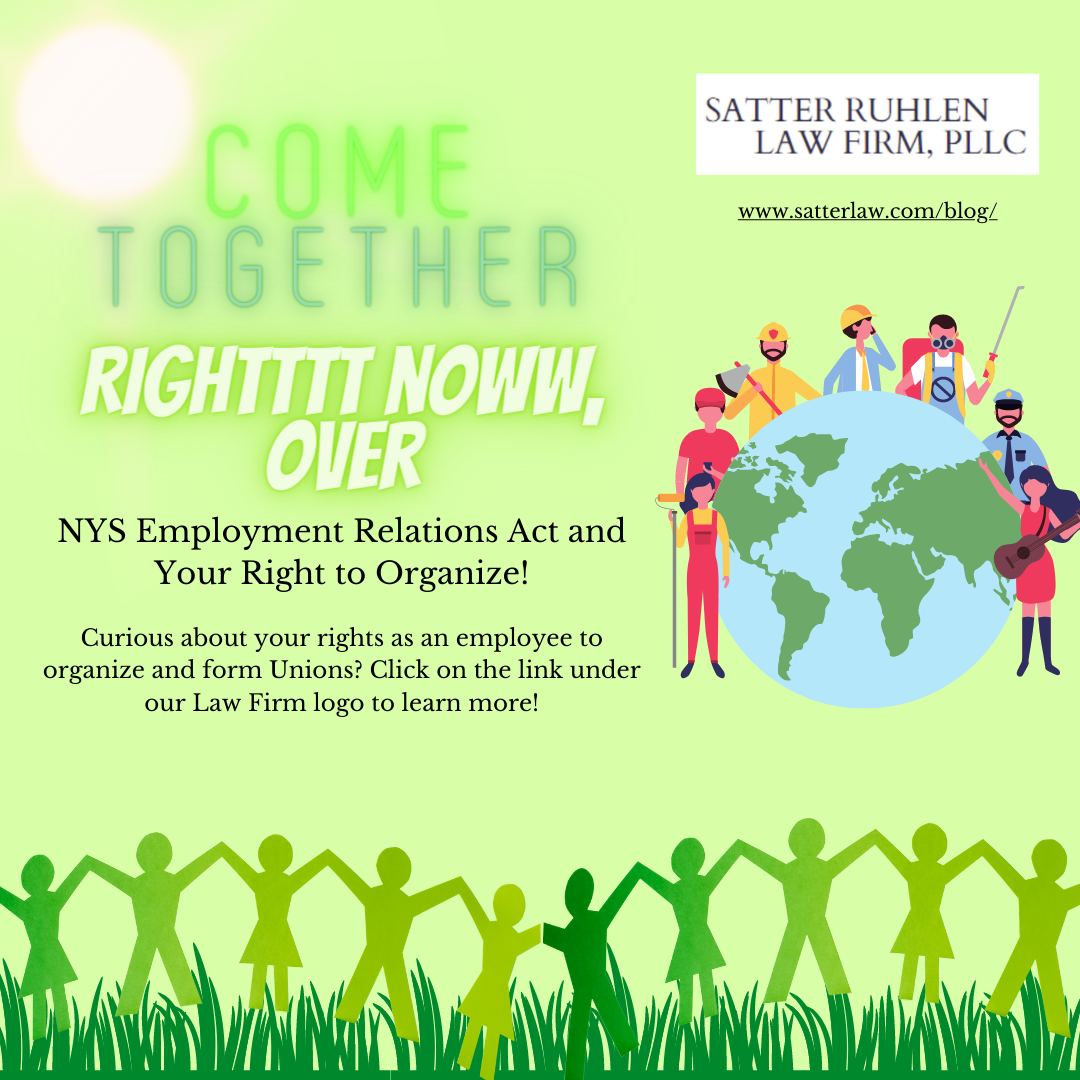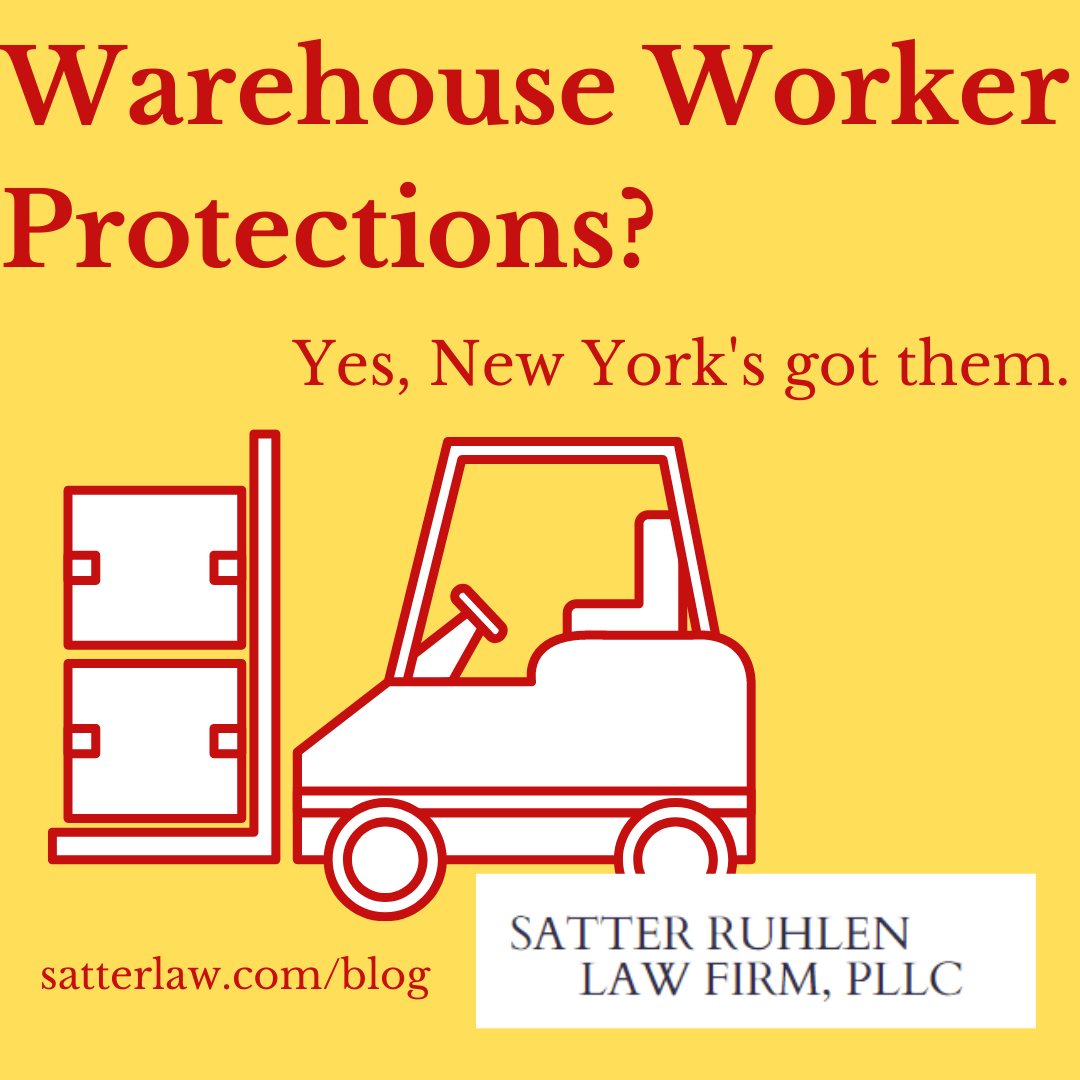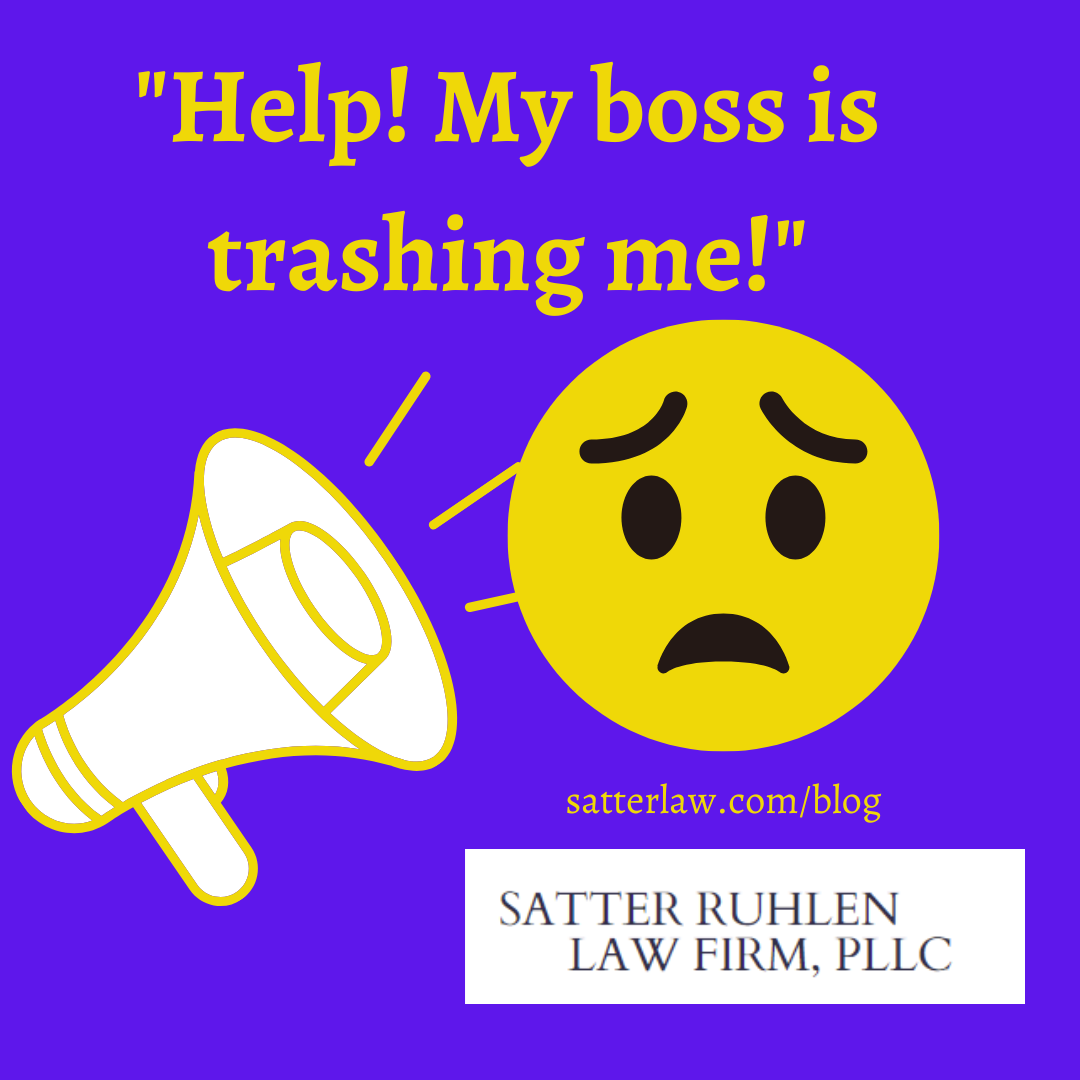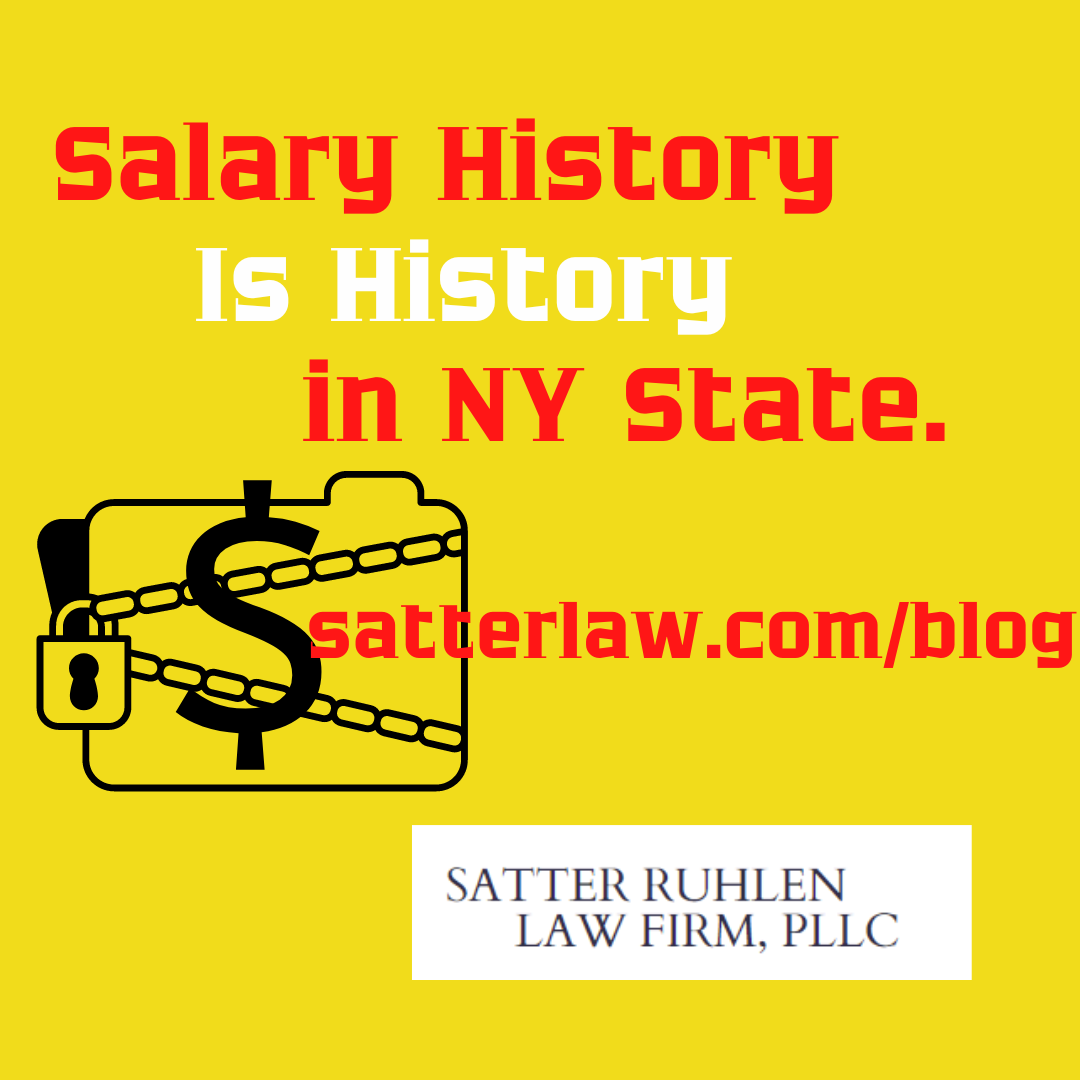
This is a guest post by our summer Peggy Browning Fellow, Jorge Salles Díaz. Jorge joined us from Vanderbilt University Law School.
As workers, it’s important to understand our rights and protections when it comes to organizing and forming unions. While the National Labor Relations Act (NLRA) provides federal protection for private sector employees, there are many exceptions. In New York, the New York State Employment Relations Act (SERA) fills in some of these gaps. Let’s take a closer look at what SERA means for workers’ rights in New York.
- Who is Covered by SERA:
Under the NLRA, employees are protected if their employer meets a certain monetary threshold. However, in New York, SERA extends protection to many employees whose employer does not meet the interstate commerce threshold set by the NLRA. This means that, even if a New York employer does not meet the monetary threshold, its employees may still have the right to organize and form a union under SERA.
- Protecting Agricultural Employees:
One notable difference between the NLRA and SERA is the protection of agricultural employees. While the NLRA excludes them from its coverage, SERA extends protection to agricultural employees in New York.
- Domestic Employees and Independent Contractors:
Unfortunately, neither the NLRA nor SERA provides specific protection for domestic employees. This means that individuals working in private households, such as nannies or housekeepers, may not have the same rights to organize and form unions. Likewise, neither the NLRA nor SERA protect independent contractors.[1]
- Differences in Labor Organization Rights:
The NLRA includes a section that outlines unfair labor practices by labor organizations, prohibiting activities such as establishing closed shops and engaging in secondary boycotts. However, SERA does not have a provision addressing unfair labor practices by labor organizations.
Conclusion:
Understanding the New York State Employment Relations Act (SERA) is crucial for workers in New York who are interested in organizing and forming unions. While the NLRA excludes many workers from federal protection, SERA fills in some of the gaps and extends coverage to employees who may not be protected under the federal law. New York workers may have the ability to organize and advocate for fair workplace treatment even if they are not covered by the NLRA. If you’re wondering whether SERA applies to your workplace, getting good advice from a reputable labor law attorney is essential.
[1] On a practical level, it’s essential to understand that employers sometimes misclassify employees as independent contractors to avoid providing benefits and protections. If you suspect that you may have been misclassified, it is advisable to consult with an employment lawyer in your jurisdiction.





